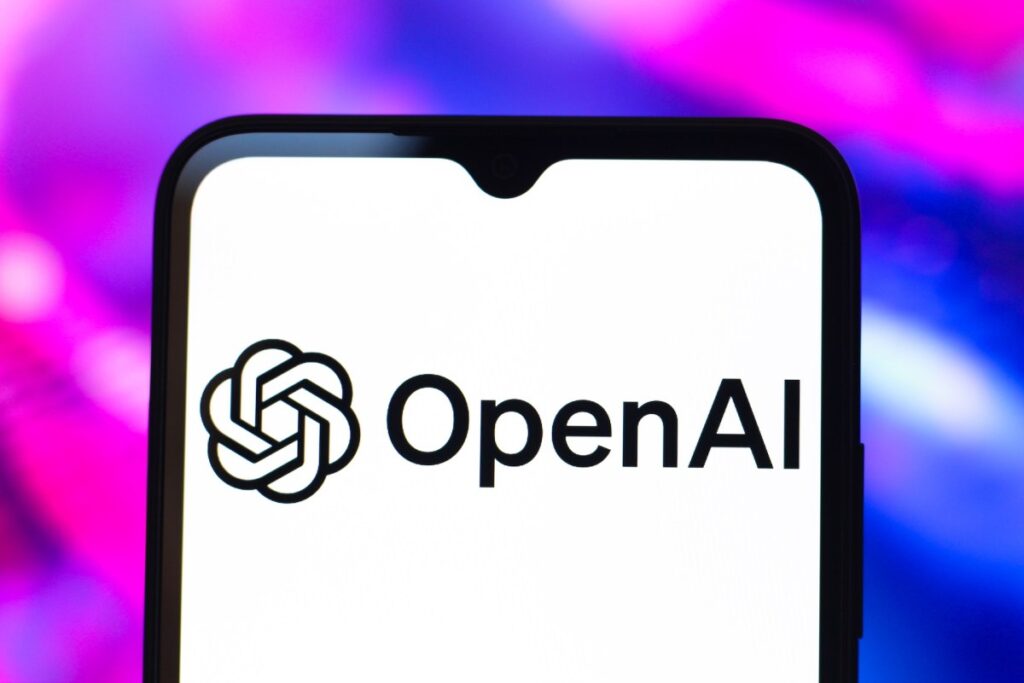Discrepancies in OpenAI’s o3 AI Benchmark Results Raise Concerns
Introduction to the Benchmark Controversy
The recent release of OpenAI’s o3 AI model has been surrounded by controversy due to a significant difference between the company’s claimed benchmark results and those reported by independent sources. This variance has prompted discussions regarding the transparency and reliability of OpenAI’s evaluation methods.
Initial Claims and Performance on FrontierMath
Upon its introduction in December, OpenAI announced that its o3 model achieved a remarkable success rate of over 25% on a set of complex mathematical problems known as FrontierMath. This performance vastly outpaced any competitors, with the closest rival achieving only around 2% accuracy.
“Today, all offerings out there have less than 2% [on FrontierMath],” stated Mark Chen, chief research officer at OpenAI, during a livestream event.
Independent Testing Results
However, Epoch AI, the organization responsible for the FrontierMath benchmarks, released independent testing results revealing that o3 performed at approximately 10%, significantly lower than OpenAI’s highest reported score.
Epoch AI tweeted, “We evaluated the new models on our suite of math and science benchmarks. Results in thread!”
Clarifications on Testing Discrepancies
It is essential to note that OpenAI’s reported results may not have been entirely misleading. The company’s published data points correspond to lower-bound scores, which align with Epoch’s findings. Furthermore, Epoch acknowledged that differences in testing environments and the specific versions of FrontierMath used could contribute to the discrepancies in scoring.
“The difference between our results and OpenAI’s might be due to OpenAI evaluating with a more powerful internal scaffold,” Epoch noted.
Comments from OpenAI and Further Developments
Following the release of o3, Wenda Zhou, a member of OpenAI’s technical staff, explained that the publicly released model is optimized for real-world applications, which may account for the observed performance differences. Zhou indicated that they focused on enhancing speed and efficiency, which could affect benchmarking outcomes.
“We still think that — this is a much better model […] You won’t have to wait as long when you’re asking for an answer,” Zhou added.
Industry Context and Future Implications
The disparity in results between OpenAI’s o3 model and third-party benchmarks reflects a broader trend within the AI industry, where benchmark controversies seem increasingly common. Companies frequently adjust performance metrics to position their models favorably in a competitive landscape. In January, Epoch faced criticism for not disclosing its funding sources from OpenAI until after the o3 announcement, raising questions about transparency in the benchmark creation process.
Moreover, the issue has gained attention with similar accusations directed at other companies such as Elon Musk’s xAI and Meta, who have faced scrutiny for presenting conflicting performance metrics for their AI models.


